If David Cameron wins the referendum, will he be a vengeful conqueror or one-nation healer?
The Prime Minister knows that securing his legacy is more important than scheming to influence the choice of his successor

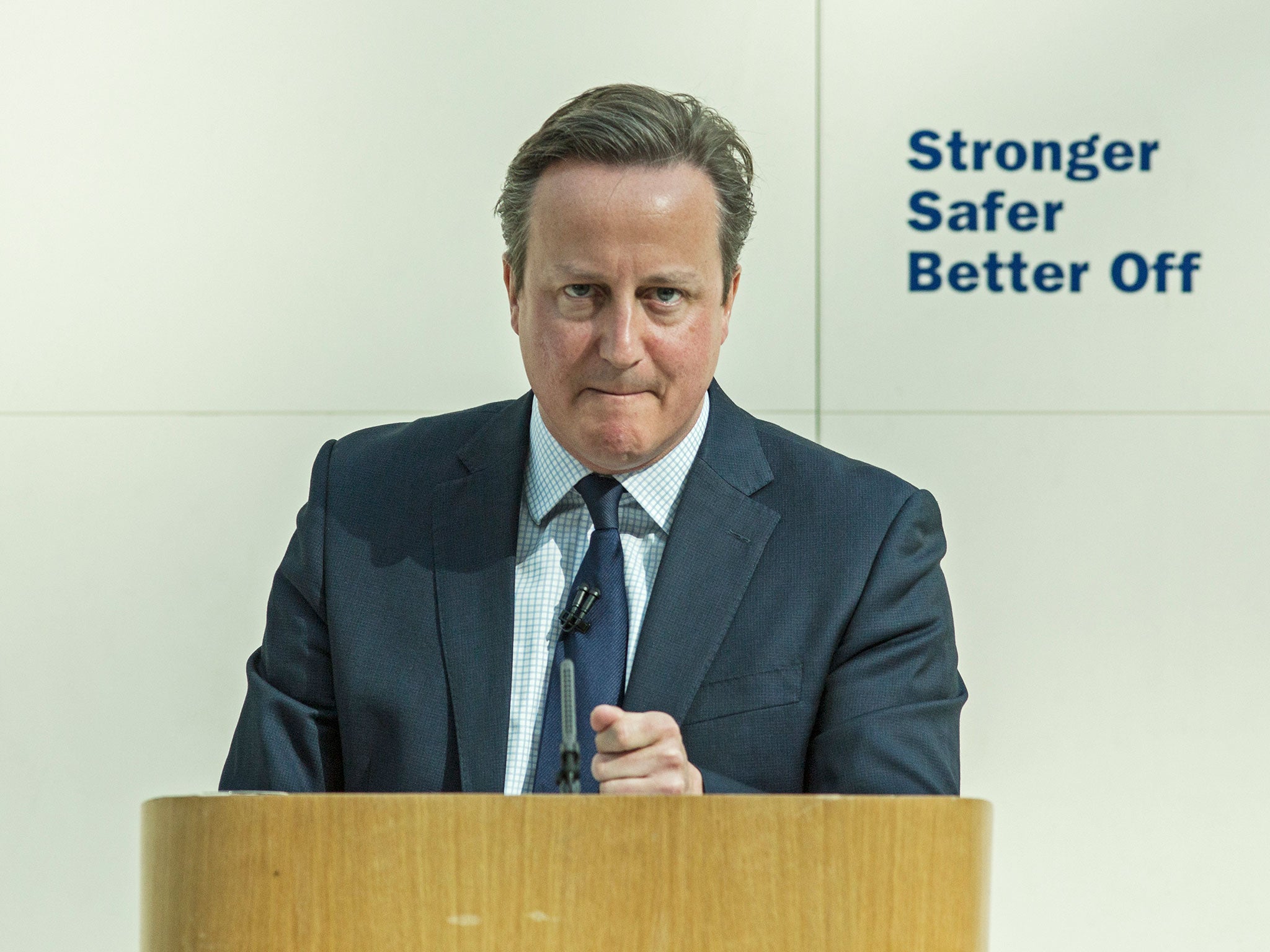
The betting markets think it is all over. The chance of a vote to stay in the European Union is now up to 79 per cent, according to people gambling on the outcome, having departed over the past week from its settled average of 70 per cent.
The shift happened before Benedict Cumberbatch and Keira Knightley told us how they were voting, so it was probably caused by the accumulating weight of opinion from the stars of economics rather than from those of the screen. Mark Carney, the Governor of the Bank of England, is the biggest and most credible celebrity in this battle of endorsements.
Politics being what it is, and despite public protestations of “no complacency”, part of David Cameron’s mind is moving on to what happens after a vote to stay in. Will he be a vengeful conqueror or a one-nation healer? The Prime Minister wouldn’t be human if he didn’t dream of a revenge reshuffle in which he casts his Brexit enemies to the outer darkness. But he wouldn’t be Prime Minister if he weren’t also acutely aware of what a bad idea this would be.
So he will be less like Harold Macmillan, who sacked seven cabinet ministers in 1962 in an attempt to revive his tired government, and more like Harold Wilson, always balancing the factions in his divided party. The whole referendum thing is the Wilson model, although Cameron doesn’t like this being pointed out. The only change Wilson made to his Cabinet after the 1975 referendum was to swap two Outers, Tony Benn and Eric Varley, demoting the more prominent Benn from Industry to Energy.
This time the post-referendum reshuffle is bound to be more extensive, if only because it is likely to bring Boris Johnson into the Cabinet. I think Johnson will get a big job, not because Cameron is a magnanimous soul, but because it would make the Tory civil war worse to keep him out. As I wrote last week, Cameron will be like Tony Blair in that he will have to manage a party most of whose members have had enough of him. Most Tory members and nearly half of Tory MPs will have voted Leave.
Cameron will be like Blair in another respect, in that he has pre-announced his departure. What is more, he does not want Johnson to succeed him, just as Blair did not want Brown. I suspect that one of the things that Cameron has learned from Blair, though, is the importance of doing something about it.
That is why one of the questions about the reshuffle is which other Outer will be promoted. Cameron’s successor will be decided by party members from a shortlist of two drawn up by Tory MPs. Assuming that shortlist will consist of an Inner and an Outer – Tory MPs being roughly split down the middle on the EU – almost the only thing that matters is whether there is an Outer who can beat Johnson to a place on the shortlist.
Look out, therefore, for a promotion for Andrea Leadsom, currently Amber Rudd’s deputy at Energy and Climate Change, who I think might be a more credible Stop Boris candidate than Priti Patel or Michael Gove. Gove in any case has to stay where he is to get on with prison reform.
If the other candidate is an Inner, the pressing question for George Osborne, and slightly less pressing for Cameron, is how best to maximise the Chancellor’s chances. In the past week it seems that opinion among Osborne’s advisers has shifted back in favour of a move to the Foreign Office. This would take Osborne away from unpopular Budget decisions, which are not going to get any easier in the next couple of years.
I am told that, when it was recently suggested it was in Osborne’s interest for Cameron to stay on for as long as possible, the Prime Minister said sharply: “It’s in my interest.”
Another thing he may have learned from Blair is that securing his legacy is more important than scheming to influence the choice of his successor. As Philip Collins, my fellow student of Labour’s most successful prime minister, pointed out on Friday, Blair had a big list of things to get through in his last two years: academy schools, pensions and NHS changes, and Northern Irish negotiations. Cameron will want to leave something at least as substantial.
If so, the Queen’s Speech on Wednesday was an ambiguous premonition of a future in which all of politics is no longer dominated by the Europe question. The main substance in the Government’s programme was prison reform. It is a commendable, liberal objective, for which there is no extra public money.
Surely, Cameron must be wondering, there must be more to his legacy than managing a divided party and some good intentions. What happens in the weeks after 23 June will decide whether he is remembered for more than Harold Wilson was, who left behind the Open University and a reputation for sinuous party management and scraped election wins.

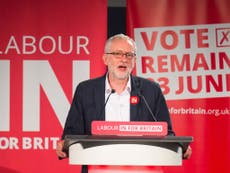
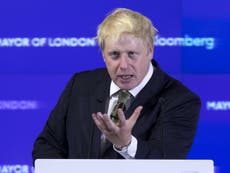
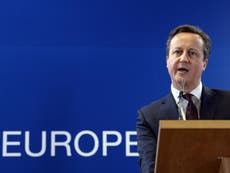
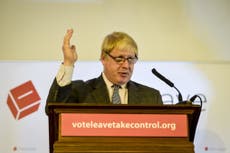

Join our commenting forum
Join thought-provoking conversations, follow other Independent readers and see their replies